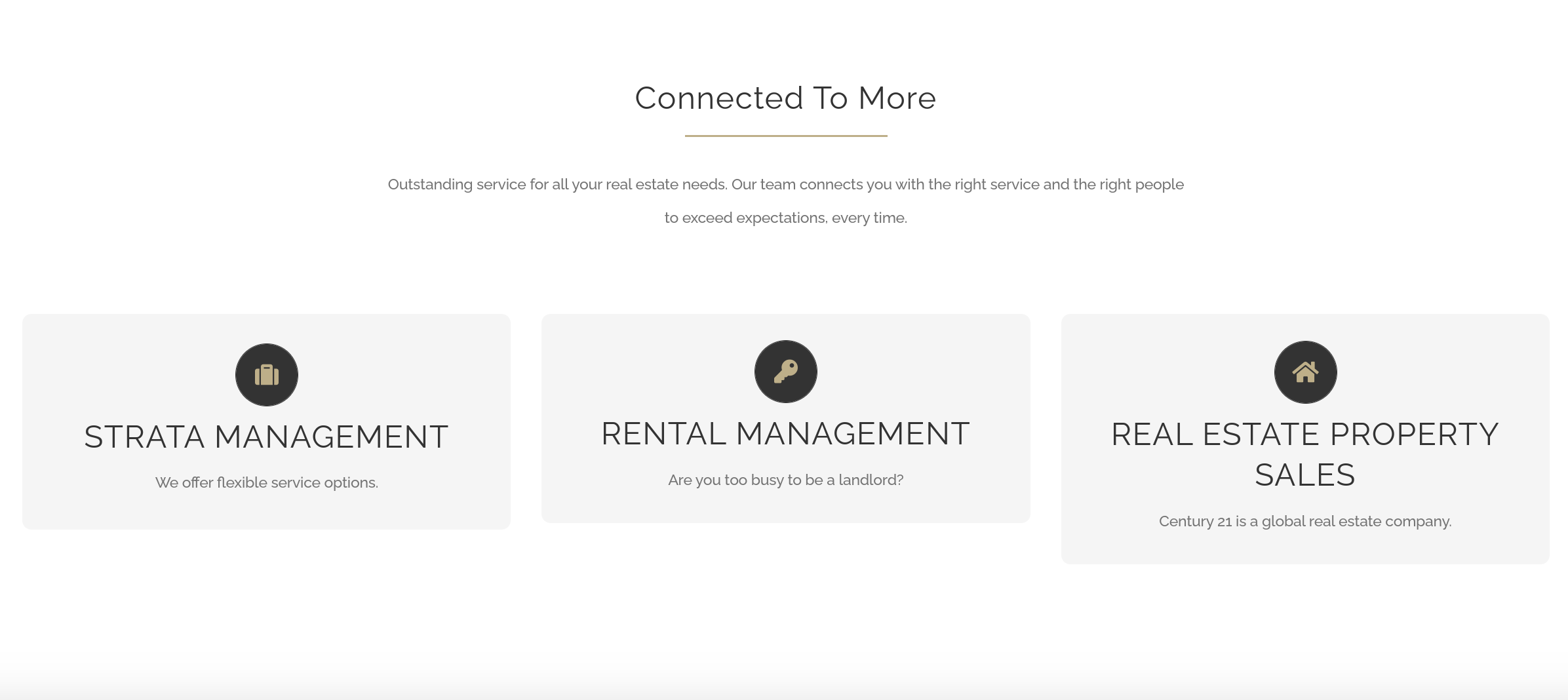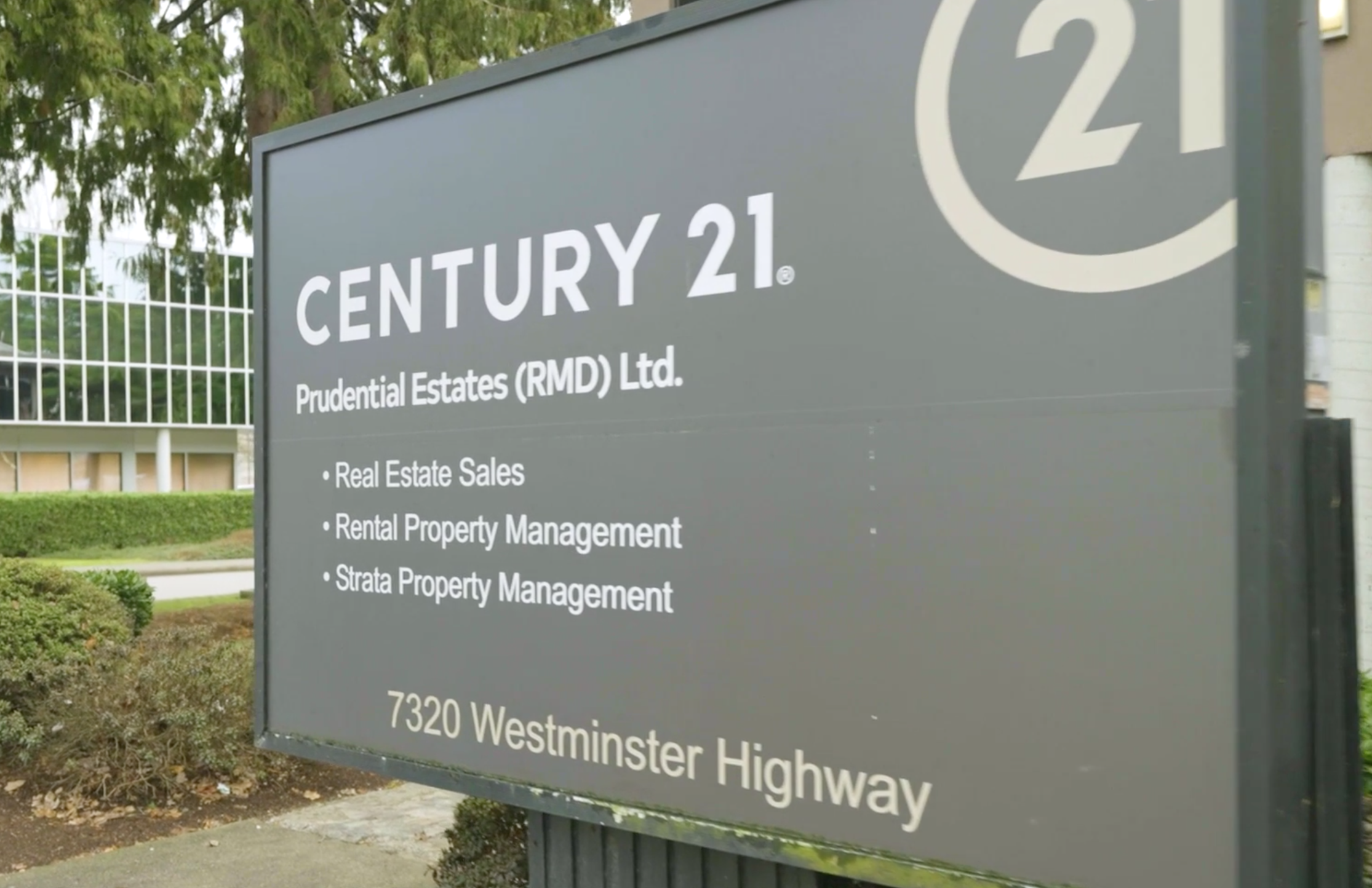A Residential Tenancy Agreement (also known as a Lease) is a legally binding contract between a Landlord and tenant that includes terms and conditions related to the property being rented. A well-prepared and thorough lease can prevent conflicts and protect both parties during the duration of the agreement. While the Residential Tenancy Branch has a standard tenancy agreement that can be used for residential properties across BC, Section 13 of the Residential Tenancy Act (RTA) requires that certain information be included in a Tenancy Agreement.
Legal Names of Landlord & Tenants
Whether renting to an individual, business, or multiple tenants, it is essential to include the legal name of all individuals involved in the lease. While the RTA requires the address and telephone number for the Landlord (or Landlord’s Agent) only, it is best practice to include the phone numbers and email addresses for the tenants.
Address of Rental Property & Included items
The full civic/property address is required to be noted in the lease. It is also required to include details on items (services and facilities) included in the rent such as parking, storage, utilities, laundry, furnishings, restricted areas, or any extras that are included in the rental.
Dates & Lease Term
The RTA requires the date the lease was entered into or created, the date the tenancy starts, the periodic basis (weekly, monthly, yearly, etc.) of the lease, and whether it is a fixed term period or a month-to-month lease. It is very common for a Landlord to require a 12-month fixed term lease and revert to month-to-month after the end of the term, unless a new fixed term is mutually agreed on between the parties.
Rental Amount, Frequency & Due Date
The rental amount and the specific period the rental amount is for (ie: weekly, bi-weekly, monthly etc.) should be included in the lease.
Security & Pet Damage Deposits
If a security or pet damage deposit is a requirement for the lease, details of the deposit (amount and due date) need to be included.
Standard Terms
The regulations of the RTA contain a schedule of standard terms and wording that need to be included in a RTA in BC. Some of the items listed in the standard terms (not listed above) include:
- Application of the Residential Tenancy Act
- Pets
- Condition Inspections
- Rent Increases
- Assign or Sublet
- Repairs
- Occupants and Guests
- Locks
- Landlord’s Entry Into Rental Unit
- Ending the Tenancy
- Landlord to Give Tenancy Agreement to Tenant
- Dispute Resolution
While the above are requirements of a lease, additional terms and conditions can be added to the lease, as long as they are not contrary to the RTA. The following are items to consider including in an addendum to the RTA:
Insurance
A major item that the RTA does not address or require is insurance. Is the Landlord responsible to insure the property or the tenant? We recommend that both the Landlord and tenant(s) have insurance when renting a property, and include a term that requires the tenant to obtain and provide proof of tenant insurance during the term of their lease. Tenant insurance is easily accessible and provides coverage for the tenant’s personal belongings, liability, and extra living expenses in the event the property becomes uninhabitable and the tenant needs to find temporary accommodation.
Number of Occupants
While a Landlord cannot restrict tenants from having guests at the property, it is important to identify the difference between a guest and an occupant of the property. A clause that states only screened and approved tenants that have signed the lease are permitted to live in the rental property, and any changes to the occupants/tenants must be approved by the Landlord is suggested. Note that the Landlord has a right to include a clause stating the rent will increase, should the number of occupants increase.
Utilities
Specifying utility responsibility is key for preventing miscommunication. Common utilities include electricity, gas, cable, Internet, and water and sewer. Including utilities in the monthly rent is optional for a Landlord. Whatever is decided, ensure it is clear in the lease under included items.
Pet Restrictions
If pets are permitted, include whether a pet deposit is required, set regulations on the number, type, and size of the pet, and include a policy on leashes and pet waste in common areas or yards. If pets are not permitted, ensure tenants are aware both verbally and in writing. A clause can be added to the tenancy agreement to restrict pets from residing or visiting the property.
Smoking Policy
A Landlord has the ability to prohibit smoking of any kind. If smoking is prohibited, include what forms (cigarettes, vapes, cannabis, e-cigarettes etc.). Leases with limited smoking restrictions should clearly state which areas smoking is permitted and the required distance from the building.
As cannabis is now legal in BC, you may want to consider adding a clause in the Tenancy Agreement to restrict the growing or production of cannabis in or on the rental property.
Other Restrictions
Setting clear expectations and rental restrictions is the key to a successful long-term relationship between a Landlord and tenant. Other rental restrictions to consider include a policy on short-term rentals, noise levels, illegal activity, business activities, parking, or any other restrictions that may be specific to your rental property.
At CENTURY 21 Prudential Estates (RMD) Ltd., our Rental Property Managers are here to guide you through the rental process. We assist with finding quality tenants, completing all required paperwork and documents required by the RTA, improving cash flow, and reducing tenant turnover. Enjoy the perks of renting your property with a professional and licensed property management company to help cure the headaches and stress of managing a property. Call 604-278-2121 to speak with one of our Rental Property Managers today or visit https://century21pel.com/rental/ to learn more about our rental property management services.




